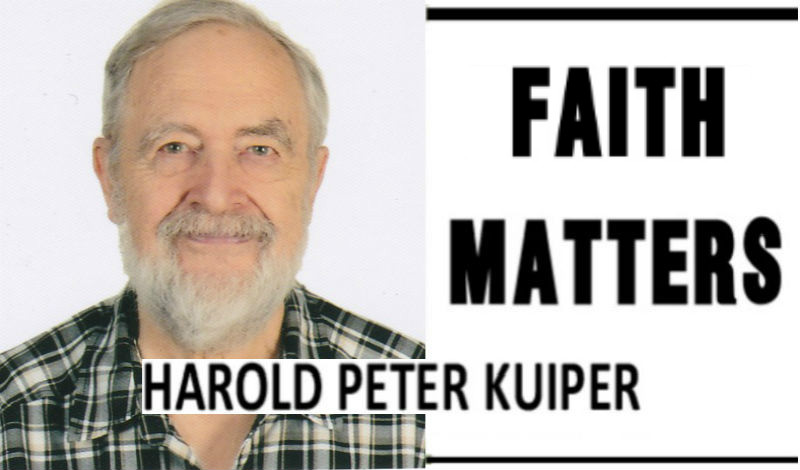At their next meeting, Pastor Henry, an Episcopalian, began the discussion by reading from his church bulletin an article on the nature of the Bible.
WHO WROTE THE BIBLE?
‘The Bible is not a book, but a collection of books- and different churches include different numbers of them, though most agree on 66 of the Old and New Testament (up to 18 books of the Apocrypha or Deuterocanonical books are included by some as part of the Old Testament). These different books were written by dozen of authors and reached the form in which we know them after the work of many editors and copyists. These books span more than a thousand years and include many different genres such as history, poetry, wisdom and prophecy. It’s no surprise that each book has its own story of authorship and “redaction” (the fancy word for editing) and thanks to the depth of antiquity we simply don’t have answers to a lot of important questions. Biblical scholars have attempted to reconstruct and tease apart the various layers of authorship (and redaction), and while there is some general agreement about some portions of Scripture, there is significant disagreement about others.
“While some Christians believe that the Bible was inerrantly written by the hand of God, Episcopalians tend to see it differently. We believe that God inspired the human authors and speaks to us through what they wrote, not that God dictated. There are a few portions of Scripture where the human author does record having been told, “Write this…”Actual divine writing is limited to instances such as the Ten Commandments and the “handwriting on the wall” in Daniel 5. As to humans, St. Paul takes the time to spell out when he’s offering his own opinion and has not been instructed by God (1 Corinthians 7:12).
“So when we say the Bible is “the word of God”, we mean it comes from God both by inspiration and understanding. God inspired people to write and continues to speak to us …”
I might add, says Henry, the Bible is a book of many religious experiences. The Psalms, especially, are full of them, ranging from spiritual struggles and doubt to joyous ecstasy. The writers are so honest, which encourages us, too, to drop our masks and get real before God and other people. For instance, Psalm 73: “Whom have I in heaven but you? And earth has nothing I desire besides you. My flesh and my heart may fail, but God is the strength of my heart and my portion forever. Those who are far from you will perish; you destroy all who are unfaithful to you, (and he had been very disturbed by them.) But as for me, it is good to be near God. I have made the Sovereign Lord my refuge; I will tell of all your deeds.”
One sees this honesty over and over, even in Jesus, Peter and Paul, who admitted, “the good that I would I do not; the evil that I would not, that I do.” I rarely have this honesty, like Sunday I had to admit to the congregation that I didn’t feel worthy to preach, because the day before I let myself get quite nasty towards some of my family. But the Word wouldn’t let me get away with it. As C.H. Dodd said, “The Bible reads me.” It’s the sword of the Spirit (Heb. 4:12).
It brings judgment, but also points us to Good Friday, Easter, and grace.
Edna, the co-host, interjects, Let’s continue this discussion over coffee and merienda, O.K.?













